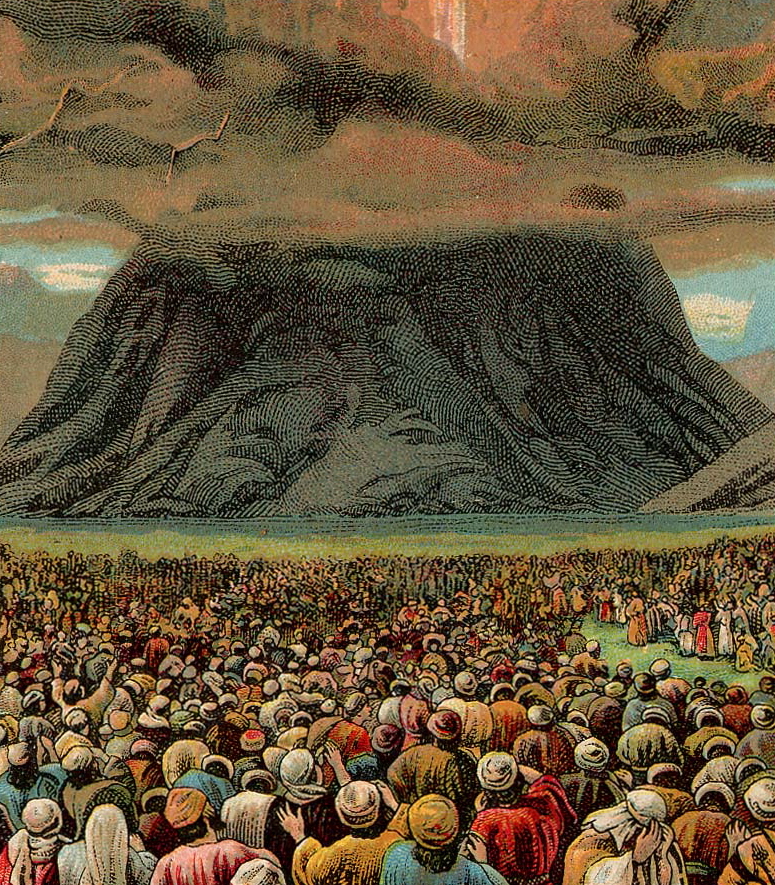
To fully understand Scripture and to extract its applicable meaning to us, we must insert ourselves into the scriptural narrative and ask, what can I learn from this and how does it apply to me? With such an inquiring mind and an open heart, the still small voice of the Spirit of Elohim will begin to whisper insights into our spirit and mind.
This is how the Word of Elohim comes alive to us and how we find spiritual direction—light in the darkness—to guide us in the path of life. With this in mind, let us now discover what we can learn from Exodus chapter 19 as the children of Israel prepared to meet YHVH Elohim on the day of Pentecost (or Shavuot—its Hebrew name).
Insights from Exodus 19
Exodus 19:3, Moses. The name Moses/Moshesh literally means “drawing out or rescued.” What was Moses drawn out of or rescued from? From the waters of the Nile River in Egypt. Water can be a biblical metaphor for humanity, and Egypt a metaphor for Satan’s world. That is to say that Moses was drawn out of or rescued from the seas of humanity. YHVH then used Moses to rescue, draw forth or fish the children of Israel out of the same sea of Satan’s world.
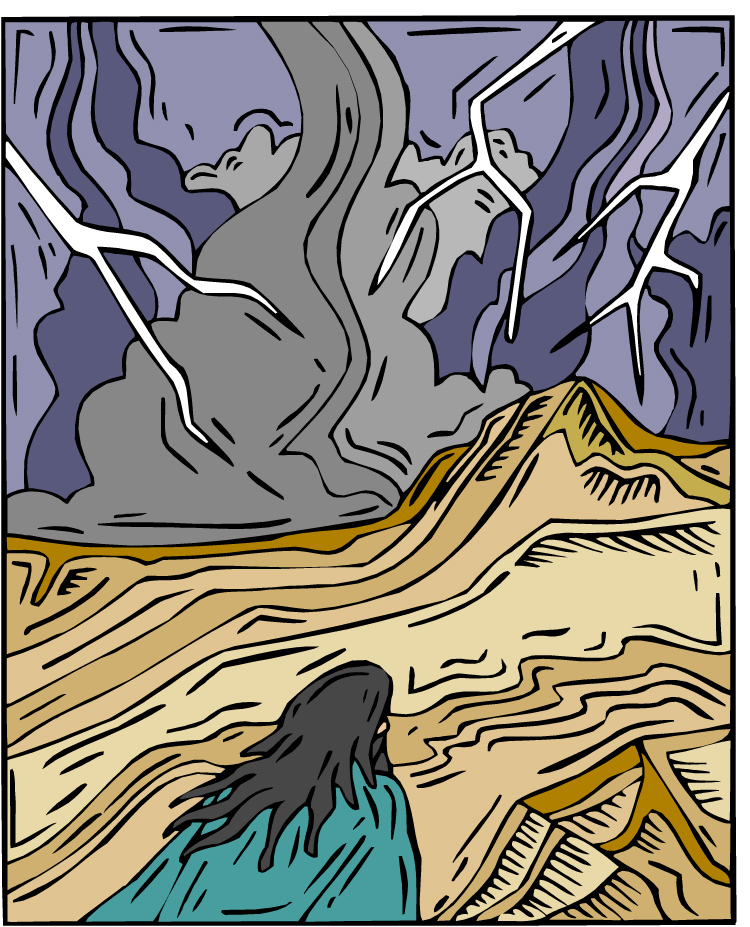
Exodus 19:3, Moses went up. Even before Elohim called Moses, he was willing to go up. Elsewhere in the Psalms, we learn that if we incline our hearts toward YHVH, he will incline himself toward us. Yeshua promised that all those who ask, seek and knock will be rewarded accordingly.
Exodus 19:3, From the mountain. YHVH not only exists, but he exists above the earth on a proverbial mountain far above the human plane. Isaiah declared that YHVH is “high and lifted up.” He is calling us to come up to him. Will we go up to him, or do we love this world too much to answer his call to come up? Twice David the psalmist asks and then answers the question, who will ascend the hill or mountain of YHVH?

YHVH, who may abide in Your tabernacle? Who may dwell in Your holy hill? He who walks uprightly, and works righteousness, and speaks the truth in his heart; he who does not backbite with his tongue, nor does evil to his neighbor, nor does he take up a reproach against his friend; in whose eyes a vile person is despised, but he honors those who fear YHVH; he who swears to his own hurt and does not change; he who does not put out his money at usury, nor does he take a bribe against the innocent. He who does these things shall never be moved. (Ps 15:1–5)
Who may ascend into the hill of YHVH? Or who may stand in His holy place? He who has clean hands and a pure heart, who has not lifted up his soul to an idol, nor sworn deceitfully. He shall receive blessing from YHVH, and righteousness from the Elohim of his salvation. (Ps 24:3–5)
Are you a spiritual mountain climber, or one who is content to be a spiritual low-lander preferring to inhabit the basement of life?
Exodus 19:3, From the mountain. YHVH not only exists, but he exists above the earth on a proverbial mountain far above the human plane. Isaiah declared that YHVH is “high and lifted up.” He is calling us to come up to him. Will we go up to him, or do we love this world too much to answer his call to come up?
Exodus 19:4, Brought you [Israel] to myself. YHVH’s purpose for calling Israel out of Egypt was to bring them to himself. One cannot be of the world and the same time be in Elohim. Yeshua said that his servants cannot serve two masters—Elohim and this world (or mammon). He also declared that though we are in this world, we are not to be of this world. Though we live in this world physically, we are not to be a part of, loyal to or identify with this world spiritually.
Exodus 19:5, If…then. The agreement between Elohim and Israel known as the Mosaic or Siniatic Covenant was conditional. His blessings upon Israel and his elevating them to favored nation status was conditional upon their obeying his voice and walking in covenant with him. It was based on relationship. Is not everything in life that we do based on conditional agreements and relationships with other people and the world around us? There are things we have to do if we want certain outcomes. If we fail to do them, then we pay the price. This includes marriage agreements, employer-employee relationships, friendships, buying a car or house, staying behind a guardrail on the edge of a cliff, following the driving rules of the road, obeying the laws of the land, taking care of our bodies, eating and not eating certain foods, and the list goes on and on. Why should we think that our relationship with our Creator is any different? If we follow his rules, we will be blessed, and if we do not, we will suffer the consequences.
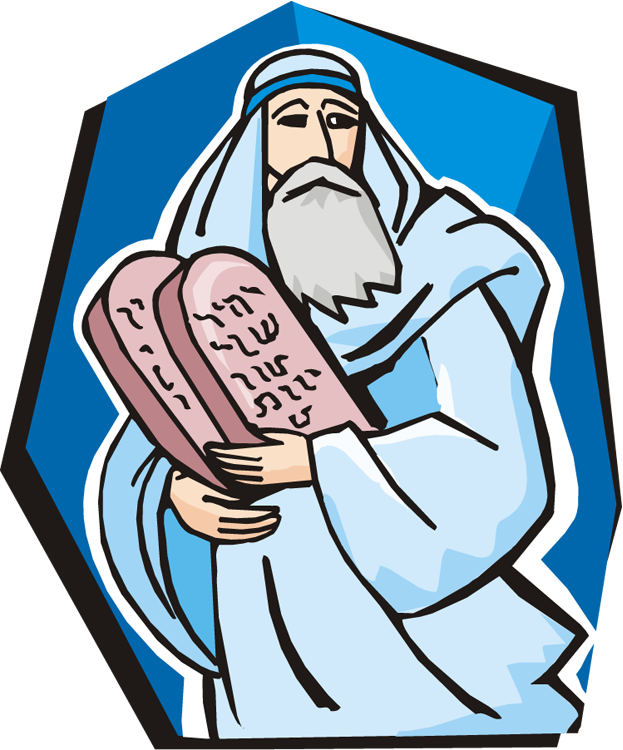
Exodus 19:5, Obey my voice…keep my covenant. Too many times we are inclined to think of the Bible in terms of dos and don’ts—laws and rules. If we stop mid-sentence in verse five, this is what we come up with, and this is off-putting to most people who are naturally averse to rule-keeping. However, obedience to YHVH and his commandments is simply a means to an end as the second half of this verse shows us. It is about relationship with our Creator—about blessings, life and eventually immortality.
Exodus 19:5, Special treasure to me. Why does YHVH want to bring you and me to himself? He wants us to be his own treasured possession. What is your treasured possession? If your house was burning down or you had to flee immediately and could take only one possession, what would it be? That is how YHVH views those who seek and follow him, but much, much more.
Exodus 19:5, Above all people. YHVH exists in heaven, on a proverbial mountain. He invites his people—those who answer his call—to come up to him. He has shown us the way—his way, the way of Torah (i.e. obeying his voice and keeping covenant with him), which is the way up to him. When we come up to him, it will put us above the people around us. That is why the Bible always speaks of “going up to Jerusalem” or “going down to Egypt.” Heaven is above this earth; the earth is below heaven.” Those who are citizens of the kingdom of Elohim are at a higher spiritual plane than those who are of this earth or world. It does not mean that Elohim’s saints are better than anyone else. It just means that they are walking at a higher level spiritually, and that they have been saved by his grace—his unmerited pardon, and that he has divinely enabled them to obey him. Let no man glory in his, wisdom, might or riches but only in the fact that he understands and knows Elohim (Jer 9:24).
Exodus 19:5, For all the earth is mine. Why does YHVH add this phrase after the previous one? What is his point? As the Creator of all things, everything belongs to him; therefore, he determines the rules and on what basis he will elevate people to a special status before him. He delivered Israel out of Egypt and chose Israel to be his own treasured people conditional upon their obeying his voice and walking in covenant with him (v. 5). All of the other religions, man-made philosophies and spiritual paths notwithstanding, there is only one way to Elohim; it is his way.
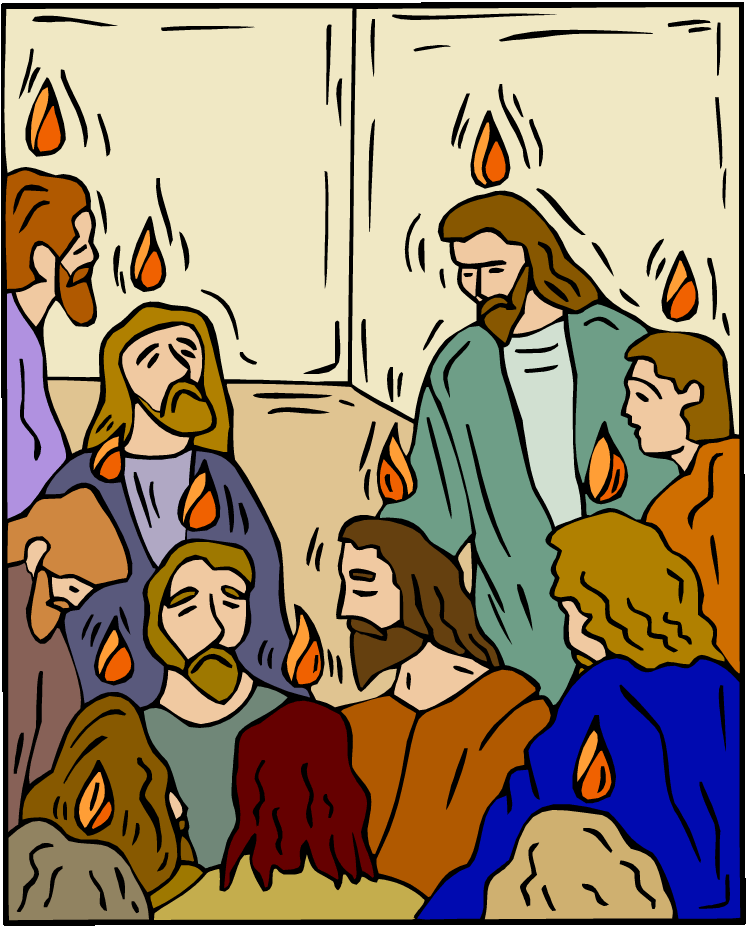
Exodus 19:6, Kingdom of priests…a holy nation. YHVH had a purpose for elevating his people to that of favored nation status. It was not so that they could just revel in his blessings eating, drinking and making merry until they passed from this mortal scene. No. YHVH had a end game plan for his people then, and he still has the same plan for his people now. It is to taste and see that YHVH is good, that obeying him brings blessings and then to share that good news with those around us. If you are a follower of Yeshua, are you fulfilling your role as his a part of his royal priesthood, holy nation and his own special people to proclaim the praises of him to those who are still dwelling in the darkness of this world and to help bring them into the marvelous light of his Truth as Peter proclaims (1 Pet 2:9)? Or are we just reaping the benefits of YHVH’s grace upon our lives, and living our lives for our own self-centered benefit without fulfilling our end of the deal to be spiritual salt and light to those around us? Is our relationship with YHVH a one-way street where we expect all the benefits without giving anything in return? If so, ask yourself this: How does such a relationship work in a marriage or friendship where one party does everything and the other party does nothing in return? How long can this last before the one doing all the giving says, “Forget it, I’m out of here! This one-sided relationship is no longer worth my time or effort.” Eventually, YHVH will say the same thing to those who are only takers and not givers. They will hear the words, “Depart from me you workers of iniquity, I never knew you.”
Exodus 19:8, Then we will do. The children of Israel had seen all that YHVH had done to the Egyptians and how he parted the Red Sea for them to cross. By then they were all to eager to consent to his invitation to be his special people, but had they really counted the costs of serving and obeying him, that is, what he required of them in return? Probably not, for within a short time afterwards (only several months), they were already bowing down to the golden calf and likely involved in sexual orgies. In our day, how many people go to church, accept the call to follow Yeshua, get baptized, and then begin to serve the false gods of the pursuit of worldly pleasures, money, materialism, education, careers, entertainment and other carnal pleasures without giving much thought to serving and obeying the one who they had just pledged to follow and obey? Yes, too often we want the benefits without the responsibilities! Such an attitude of wanting something for nothing sadly seems to be innately endemic to humans.
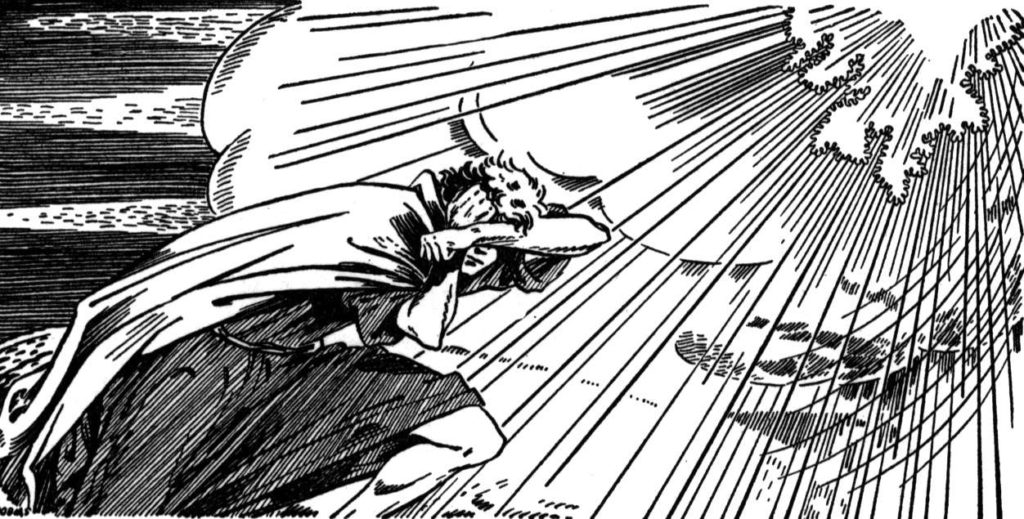
Exodus 19:9, I come to you in a thick cloud. Though YHVH is light and dwells in full light, often he appears to humans in a thick cloud. This is because mortal humans can neither endure his full presence and power nor comprehend the full light of his Truth. As our loving and patient Heavenly Father, he presents himself to us in measured doses that we can handle it. He slowly leads us into his light. That is why he appears to us in thick darkness because we cannot endure his full light and survive. Sadly, too many people say that if “God would just reveal himself to me, then I would serve him.” Well, he has, and you are too blind to see it! Stop making excuses for your love of the darkness and blaming your sin on Elohim! Moreover, your blindness is self-imposed. As John said of those who refused to accept Yeshua, who was and is the Light of the world, “the light has come into the world, and men loved darkness rather than light, because their deeds were evil” (John 3:19).
Exodus 19:10, 14, Consecrate/sanctify them. Consecrate is the Hebrew word qadash meaning “to be clean, to make, pronounce or observe as being clean (ceremonially or morally).” From these verses and the meaning of the Hebrew word qadash we can learn several things. First, YHVH Elohim does not allow people to come into his presence until they are made clean. Elohim is holy (Heb. kadosh) or totally pure and without even a shadow or hint of moral defect. It is impossible for sin and sinful people to abide in his Presence. Therefore, for humans to approach him, two things must happen. They must first become clean, and then, second, they must be declared clean as the meaning of the word qadash suggests. To make oneself clean, one must first realize that next to a totally holy or pure Elohim one is totally filthy because of one’s sin. Scripture declares in Isaiah that even our righteousness is as filthy rags to YHVH. This is why Moses had the people wash their clothes and refrain from sexual involvement. The former involves physical defilement and the latter involves moral defilement. Technically, having dirty clothes and having sex with one’s wife is not sin. However, YHVH was teaching his people that when they come into his presence, normal human activities must be put aside and they must prepare themselves spiritually and give him their full attention. Too many people want to approach YHVH blithely just as they are without doing anything, then accept his free gift of salvation, and then go on their merry way assuming that their get-out-hell card has been punched. No. This is the wrong attitude and approach. YHVH Elohim is high and lifted up far above the human plane. To illustrate this reality, he appeared to the Israelites from a mountain top. When human actually stop to consider how high YHVH is and low they are, this will hopefully cause them to reflect on their own inadequacy and lack of moral purity and begin to make some adjustments in their lives. This is what Moses required of the people. And this is why on the day of Pentecost in Acts chapter two, after Peter preached his sermon encouraging the people to accept Yeshua as their Savior, they asked the apostle what they had to do to be saved. Peter responded that they had to repent of or turn away from their sin and to be baptized or ceremonially cleansed. Both of the examples of the Israelites at Mount Sinai on the day of Pentecost and on the early Jewish believers on the day of Pentecost teach us that each of us must take some steps to become clean and then YHVH will declare us clean as well. This latter act of YHVH is his grace toward us, for no person can be totally clean before YHVH; we are too steeped in sin. It is his grace that makes up our lack of cleanliness despite our best efforts to make ourselves clean. It is impossible for own good works to save us; we need his forgiveness and grace to make up the difference. Once YHVH sees that we are willing to take some tiny baby steps toward him in an effort to put off of ourselves the defilement of sin and carnality, he, as our loving Heavenly Father, is all too willing to cover us with his grace. He, mercifully, judges us not so much by our actions, or the lack thereof, but the intent of our hearts to serve, love and obey him. At Sinai, the Israelites took some baby steps toward YHVH and he graciously allowed them to experience his presence. If we follow their example, we might be surprised to find that YHVH Elohim will show up and reveals himself to us in some special, extraordinary and even life-changing way.
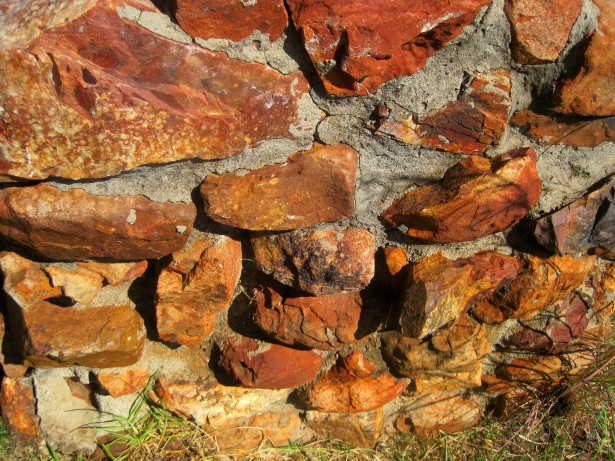
Exodus 19:12, 21, Set bounds…put to death. The children of Israel were spiritual children not unlike physical children. As spiritual kindergartners, they had to be taught the ways of Elohim using the simplest and most elementary approach. Consider this. They had spent generations living in Egypt as a godless and pagan people, thus they had little or no understanding Elohim much less his holiness. They were totally lost and enshrouded in the spiritual darkness of this world. Therefore, YHVH had Moses spell out, in the most basic and graphic terms that Elohim was holy or perfectly pure and sinless and what his character and qualities were vis-à-vis sinful humans. The setting of bounds around the base of Mount Sinai illustrated to the Israelites in the most demonstrative and graphic terms way that sinful humans could not approach the presence of Elohim and expect to live. After all, the wages of sin is death and all humans have sinned (Rom 6:23; 3:23; Ezek 18:3). Throughout Israel’s wandering in the wilderness, the lesson that sin has disastrous consequences is one that these spiritual school children would have to learn again and again. A sinner cannot just waltz into the presence of a holy Elohim and expect to live. The Tabernacle of Moses along with its Levitical and sacrificial systems with the elaborate ceremonies and rituals was an elaborate theatrical classroom designed to teach men how and on what terms sinful people could enter into a relationship with a totally sinless, pure and righteous Elohim, who abides on a high spiritual level far above the human plane in every way. In fact, this is the message of the whole Bible from beginning to end.

Exodus 19:17, Meet with Elohim. Elohim wants to meet with each of us. How badly do we want to meet with him? Are we willing to take the necessary steps that he requires to come into his presence and to experience him, to hear from him?
Exodus 19:22, 24, The priests. The Hebrew word for priests is cohenim, which is the same word used for the Levitical priests. The fact is that at this point in history, YHVH had not yet established the Levitical priesthood. That would not occur until the golden calf incident more than twenty chapters later. So this begs the question: Who were these priests mentioned in these two verses? Quite simply, they were the male heads of each household and family. From the time of the early patriarchs, the head of each household was divinely tasked with teaching his family the ways of YHVH and his instructions in righteousness. Presently, there has been no Levitical priesthood for some two thousand years. That ended with the destruction of the temple in Jerusalem in A.D. 70. So who is YHVH’s priesthood now? You and I are—at least according to Peter the apostle as well as John the revelator (Rev 1:6; 5:10; 20:6), Daniel (Dan 7:18) and Isaiah (Isa 66:21).

But you are a chosen generation, a royal priesthood, a holy nation, His own special people, that you may proclaim the praises of Him who called you out of darkness into His marvelous light…(1 Pet 2:9)
So this begs the next question, whether you are a husband or wife, father or mother, grandfather or grandmother, are you fulfilling your heavenly-mandated role to be a priest to those of your household? Even if you have no family, can you find some young people who have no physical or spiritual family for whom you can become a spiritual parent and mentor and lead them up to the mountain of YHVH Elohim?
Conclusion
When we prepare ourselves to meet Elohim as Exodus chapter 19 chronicles the Israelites doing, we might actually experience his presence and hear his voice as the Israelites did in Exodus chapters 19 and 20. What a life-changing and transformational event that was for the Israelites, even as it similarly would be for us.
What happened on Mount Sinai in Exodus chapters 19 and 20 on Shavuot or Pentecost and what happened in Acts chapter two on the day of Pentecost has, to do this day, transformationally affected the lives of billions of people. Let us not take these two historical events lightly, but ponder their deep significance and what we can learn from them.
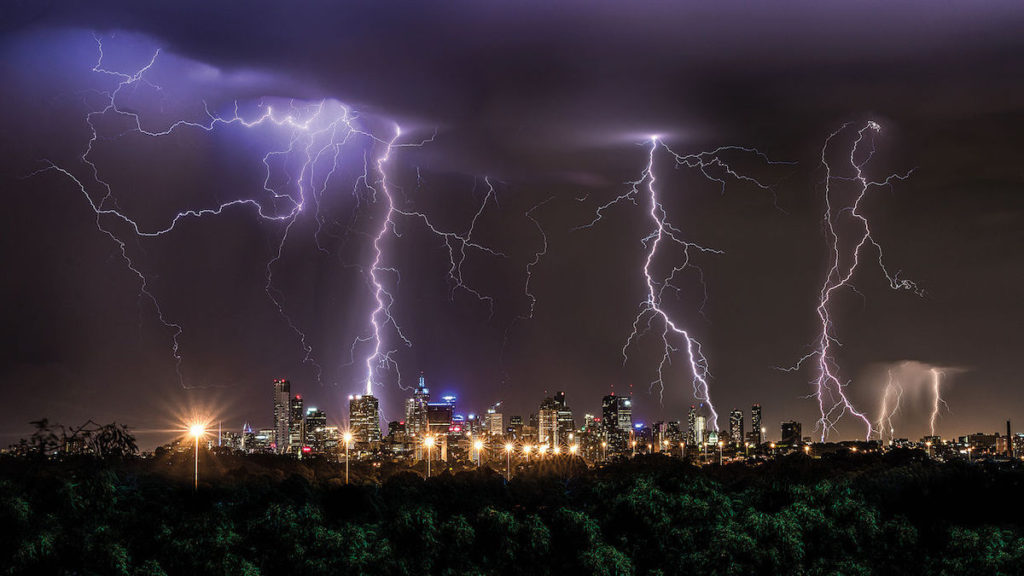
To use meteorological analogies, when the high pressure system of heaven’s divine presence clashes with the low pressure system of this sinful, mortal, earthly plane, and when light pierces the darkness of man’s sinfulness, spiritual existence, a spiritual storm of immense magnitude will inevitably occur with lightning and thundering. In the case of Sinai, this meteorological was both literal and metaphorical. In Acts two, there was a literal mighty rushing wind that not only shook the building but spiritually transformed the lives of those in it. All this is to say that if you seek YHVH and then allow him to come into our life, something mighty and other-worldly will occur in your life to be sure.
Will you respond to heaven’s call—nay, heaven’s gracious and magnanimous invitation—to come up to the mountain to meet your Creator? What will be your response? Will you respond to heaven’s call to awake from your spiritual slumber, which for the unsaved is a literal death sleep, to come up to meet your Creator on his terms, or will you fail to heed his invitation and go back to sleep?
Our desire, or the lack thereof, to heed heaven’s invitation to come into the presence of YHVH Elohim and our preparing ourselves to do so will have long-lasting spiritual consequences on us individually as well as upon those whose lives we touch and the future generations of people that will succeed us.


Going up! This is very instructive and I appreciate it. It reminded me of a ppem someone gave me years ago called The Elevator Ride-I saw a little boy stnading by his father’s side, little hand in big hand, his fsther full of pride, and I saw that the boy was nervous on this elevator ride. He looked round in wonder as the machine began it’s hummin, “Father,” said the boy, “Does God know that we’re comin?”
sorry for the typos-my screen isn’t showing full page!
It is interesting that almost every time Yeshua healed someone, or raised the dead He told them to rise up. Mark 10:49 for example.
Moses is a “foreshadowing” of Yeshua, in that He was an Old Covenant “mediator”.
As a “mediator”, he has a dual role. He represents the people to God (at the top of the Mt. Sinai, where he alone speaks to God). When he comes down from Mt. Sinai, he represents God to the people (by speaking the Word of God).
Yeshua came to earth representing God to the people (like Moses coming down from Mt. Sinai) , by speaking God’s word (He was the Word!), and He now represents the people to God (as High Priest in Heaven, like Moses at the top of Mt. Sinai) from his resurrection until His 2nd Coming.
Yeshua is the New Covenant (indwelling Holy Spirit) Mediator.